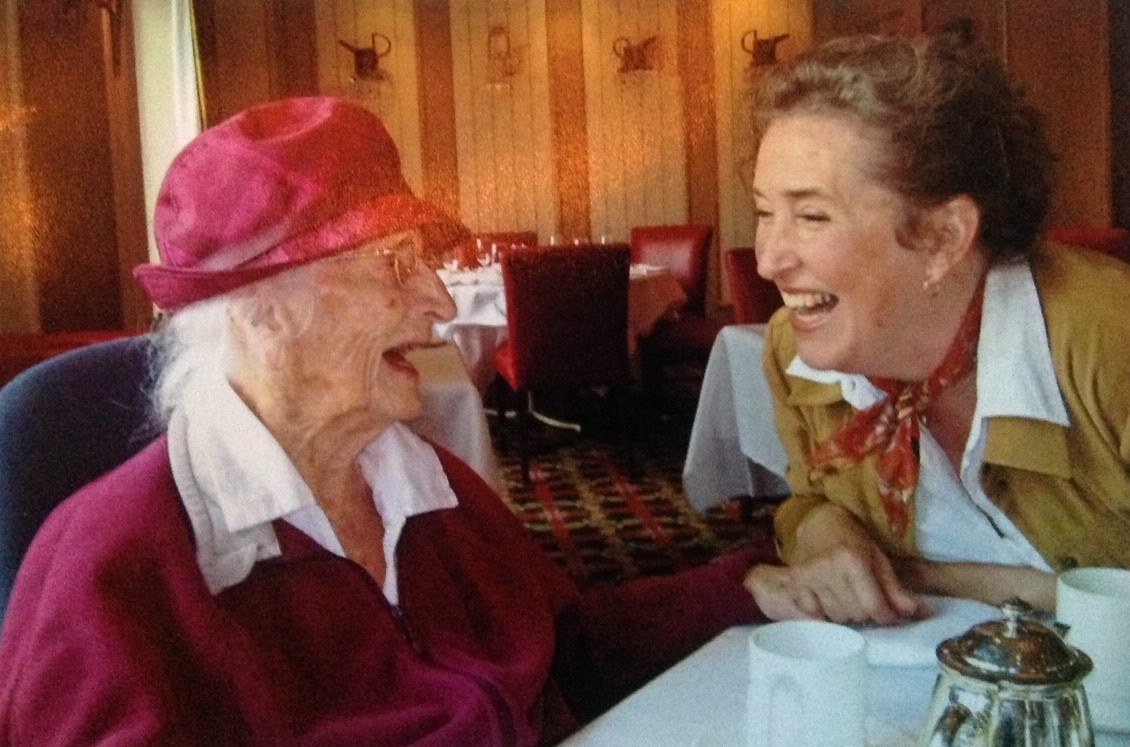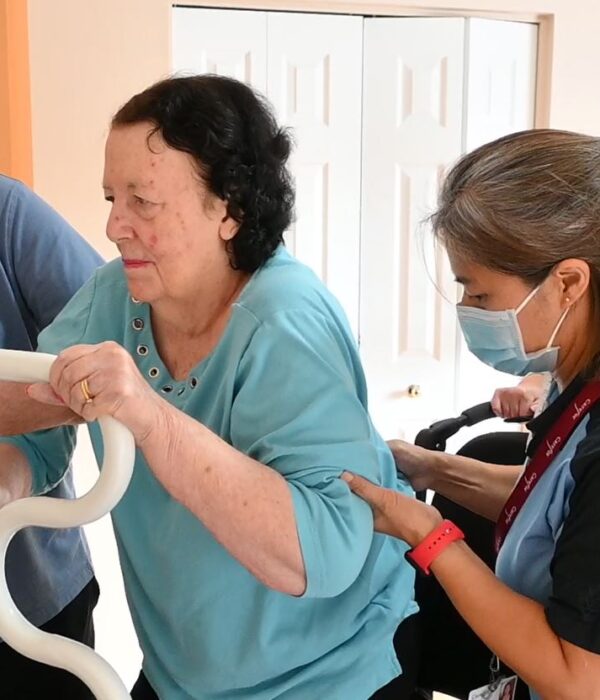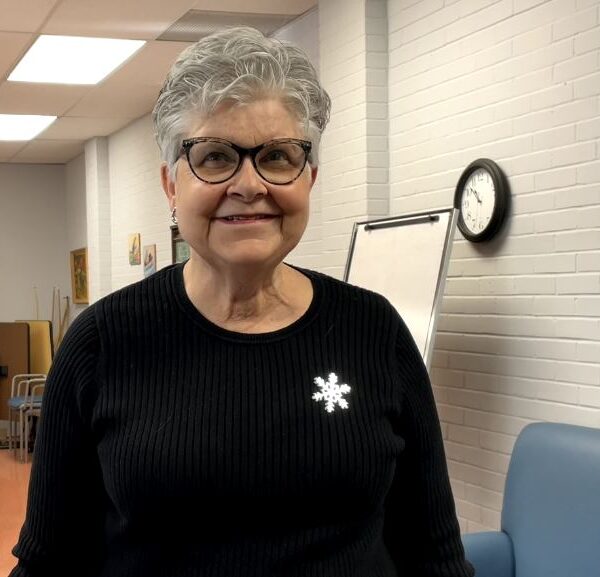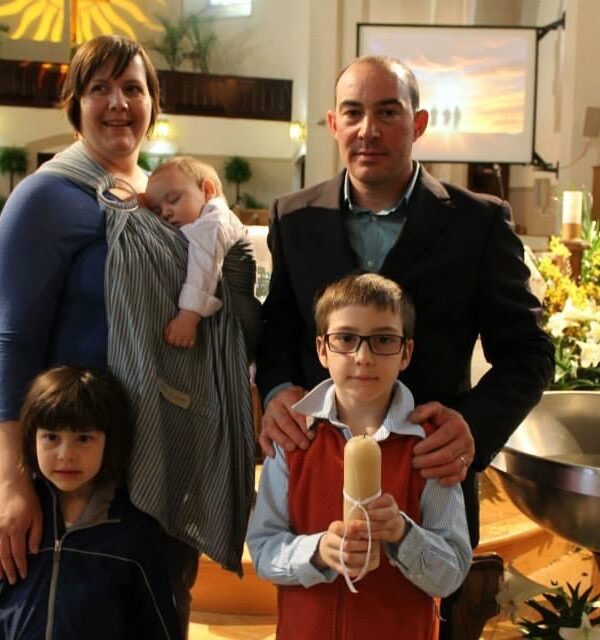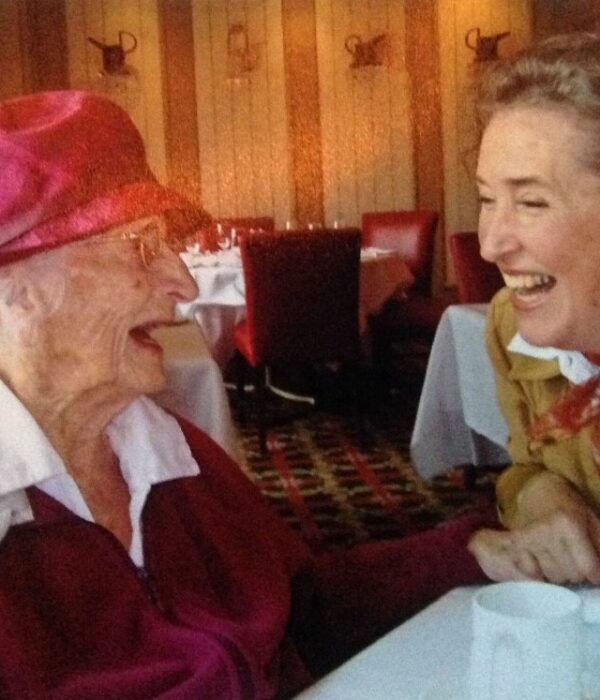How did you end up doing what you do for a living? Was it a conscious choice or perhaps a series of unconscious choices? Josée Alarie’s choice to become a PSW 23 years ago came from two things.
First, when she was 28 years old Josée’s grandmother passed away. Josée was living in Hull and her grandmother was in northern Quebec and for seven years prior to her passing, Josée never saw her. “I felt such guilt for that,” she recalls with her strong French accent. “After she died, I decided I wanted to help all the grandmothers.” You can hear a sense of loss in her voice but also a feeling of pride for turning something sad into something good.
The second thing was volunteering for Meals on Wheels in Ottawa and seeing how many elderly people were struggling on their own. “I was the person who brought the sick person the food,” she remembers. “I go in the place and smelled urine. How come nobody comes to clean and helps this woman who is alone, no one helps her to come outside? I want to help old people. I want to help the vulnerable.”
After 22 years of working as a PSW, 18 of which were with Carefor, Josée has retired. June 1 to be exact. Well, she hasn’t completely retired. She still cares for her 94-year-old mother-in-law and her husband Benoit’s 87-year-old aunt. “I have more time to help. It’s finished with Carefor but not with the family life,” she says with a laugh.
In the end it was her osteo-arthritis that forced her into retirement. “I’m too old for lots of transferring. I think I’m getting too old for doing too much work like that,” she says, saying that working as a PSW is something more for younger people and hopes to see more people enter the field, especially men.
When asked what kept her in the job until 60, she said the answer the was simple: people. Most of what she spoke about was the relationships she built with her clients and their families. You can hear that she felt like she had a real impact in people’s lives, many of whom she supported for more than a decade. “You can see the difference you make in someone’s life. Many jobs you can’t see that, but as a PSW I end a day knowing that I helped someone.”
The type of work she enjoyed most as a PSW was offering respite to families who are living with dementia. “I like giving them a break. It’s too much for the son or the daughter. Keeping an elderly with Alzheimer’s at home is 24-hour work. (They tell me) ‘Because of you I can live in peace and relax. Because of you I can go to the cinema or to the hairdresser because I know Mom is safe.’”
As Josée ends her career she hopes to see changes in the sector for those still working hard for their clients. She feels the pandemic helped shine a light on the importance of personal support workers as the elderly and their families struggled with its daily realities. “We are part of the healthcare team. It’s like a restaurant without the person who washes the dishes. If we aren’t there, the restaurant doesn’t work. We are very important.”
Over two decades after becoming a PSW to help the elderly she still cares deeply for them. “When you see someone in need you have to help them,” she says. “They’re so thankful. You can see it in their smile.”
Thank you, Josée, for your years being part of our team and all you gave the people and families you supported through the years.

